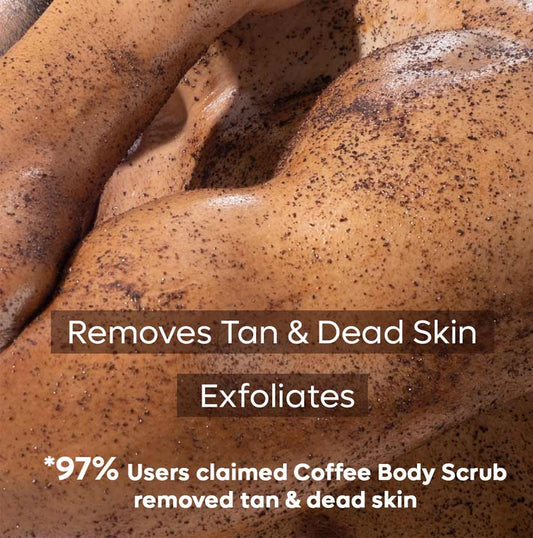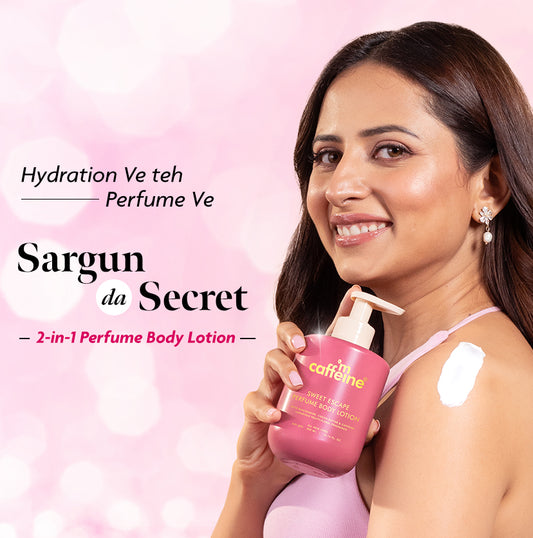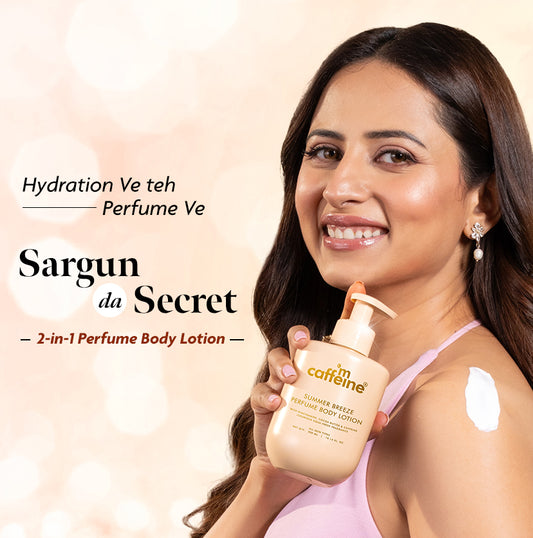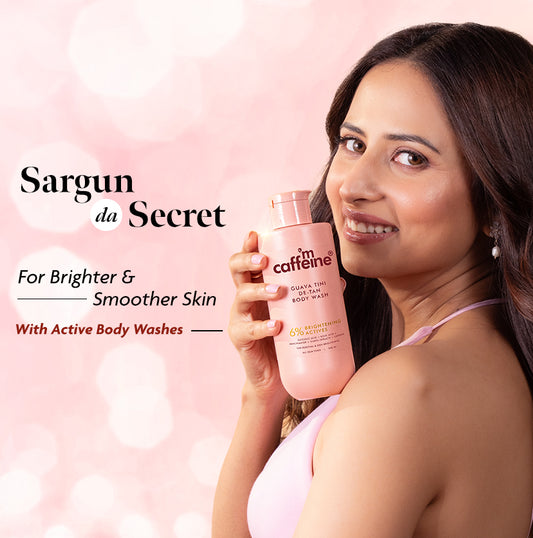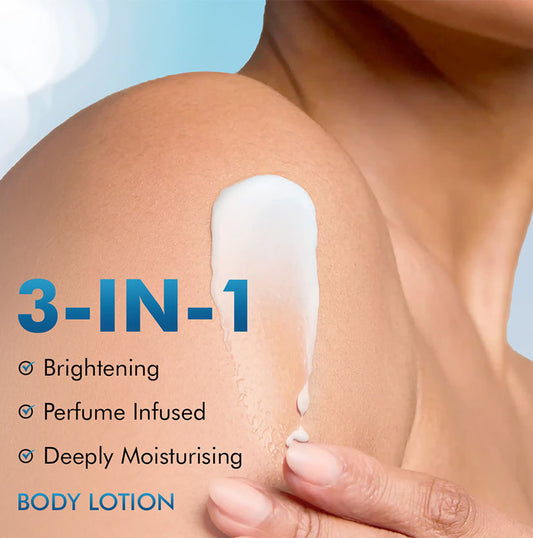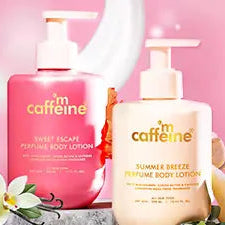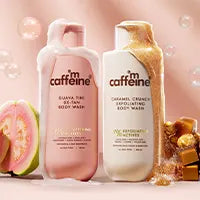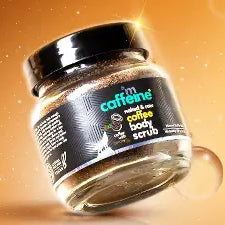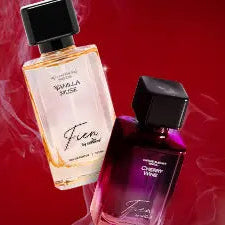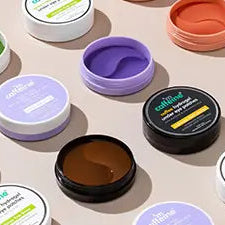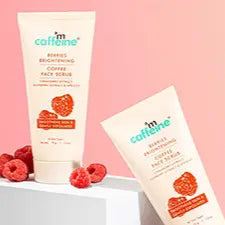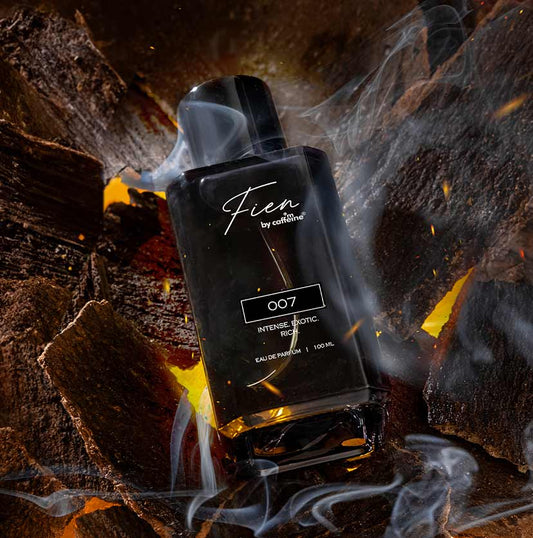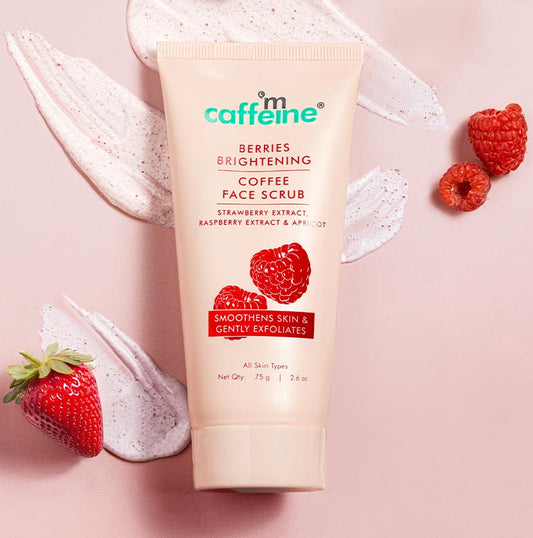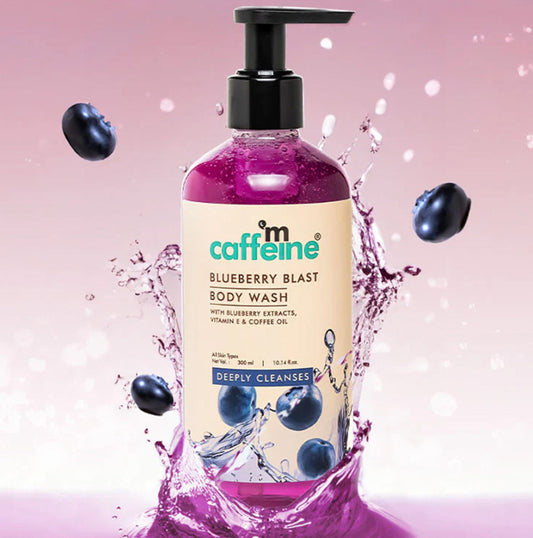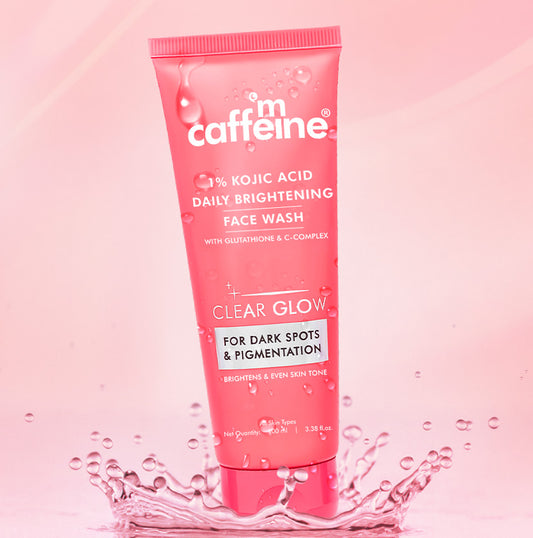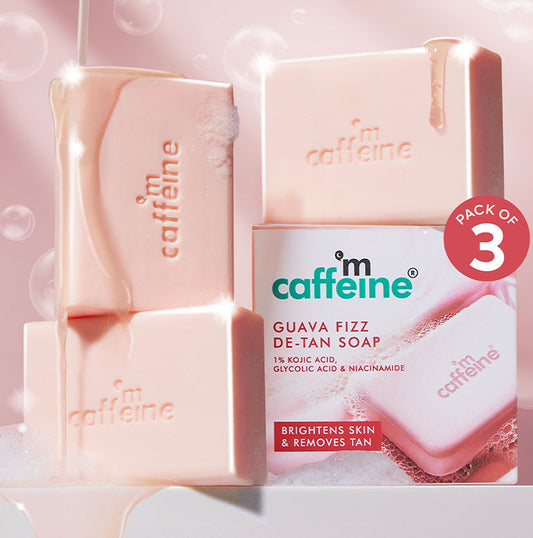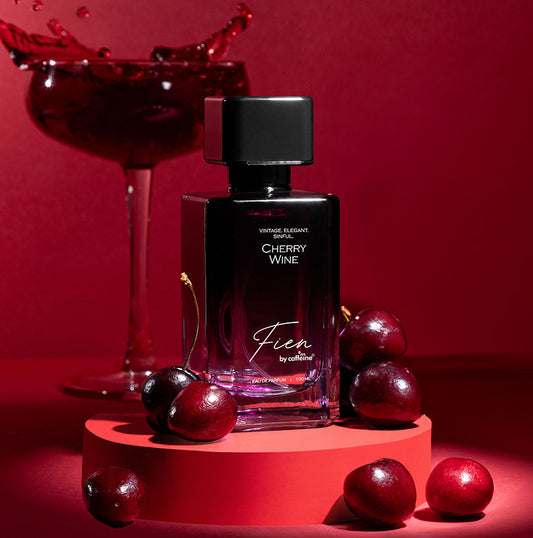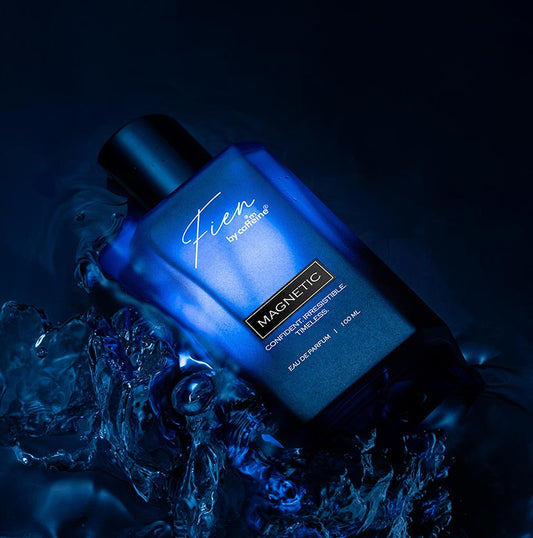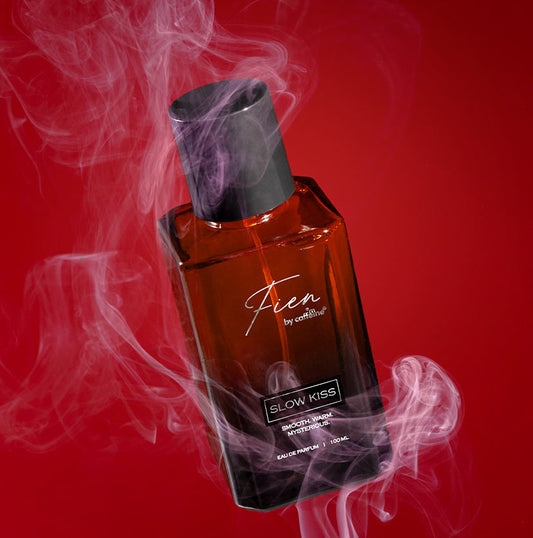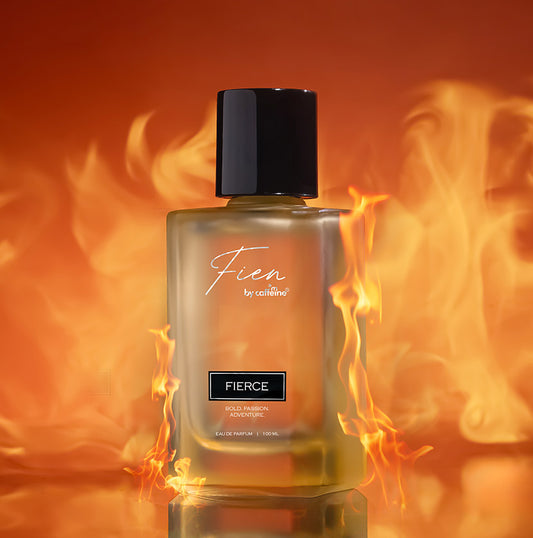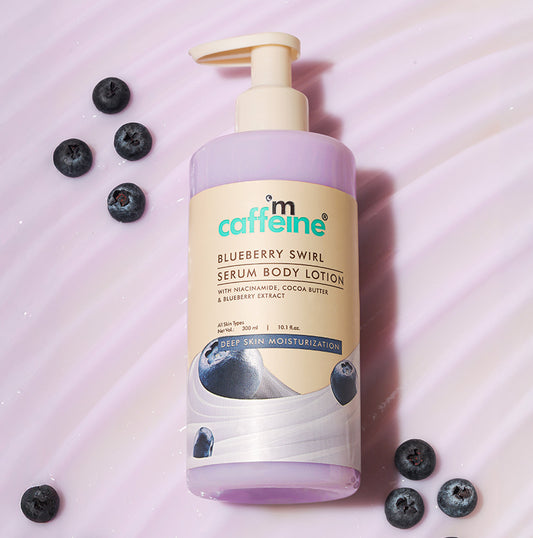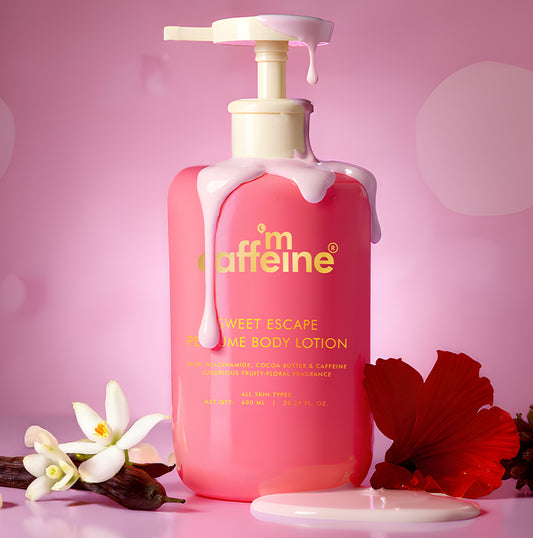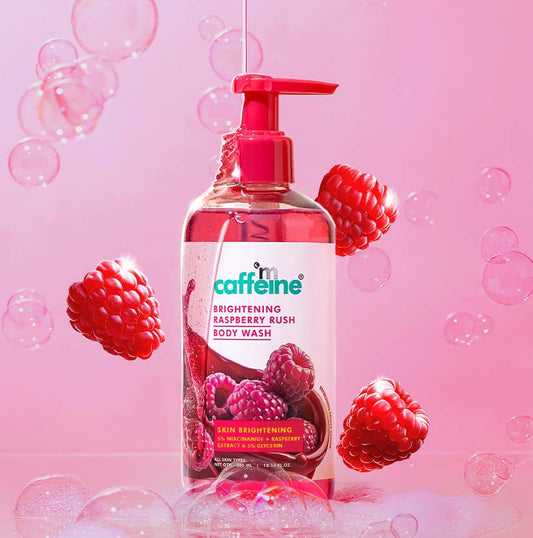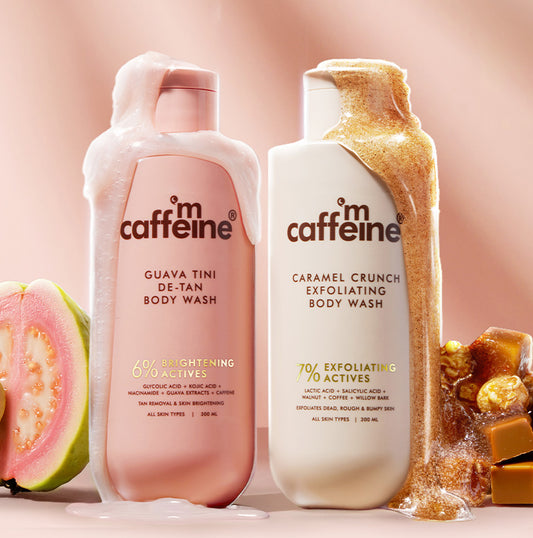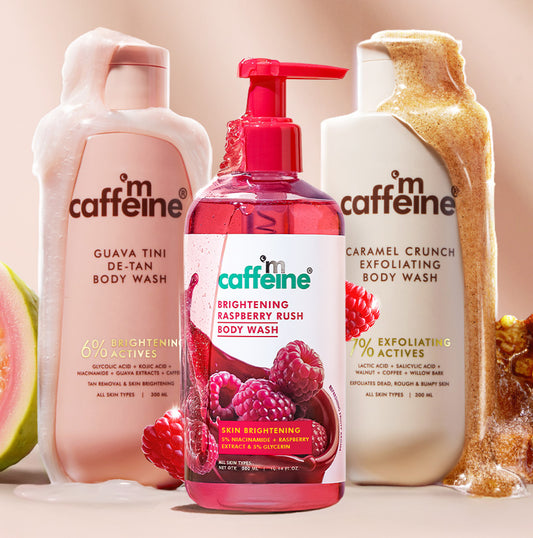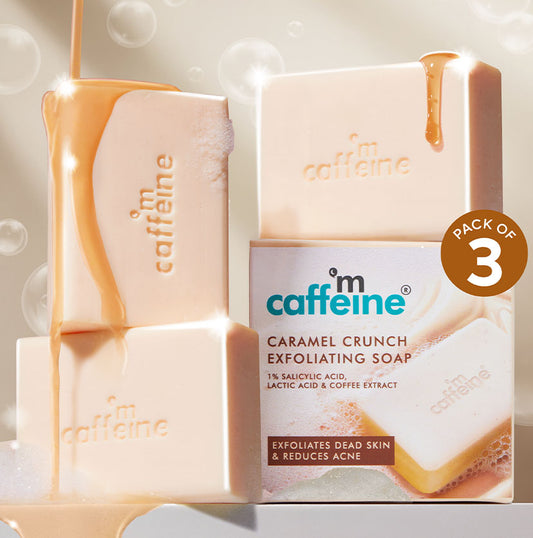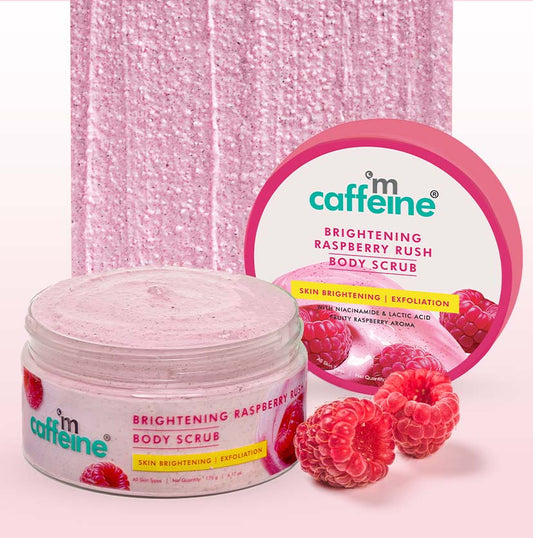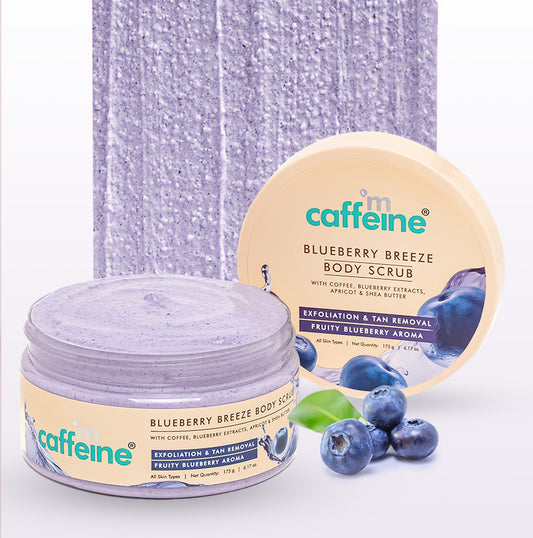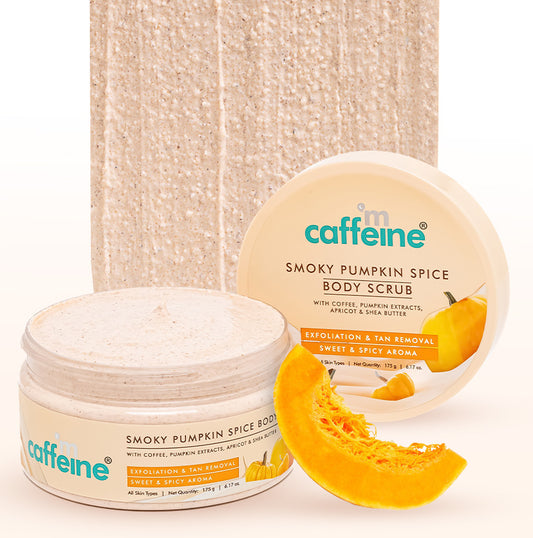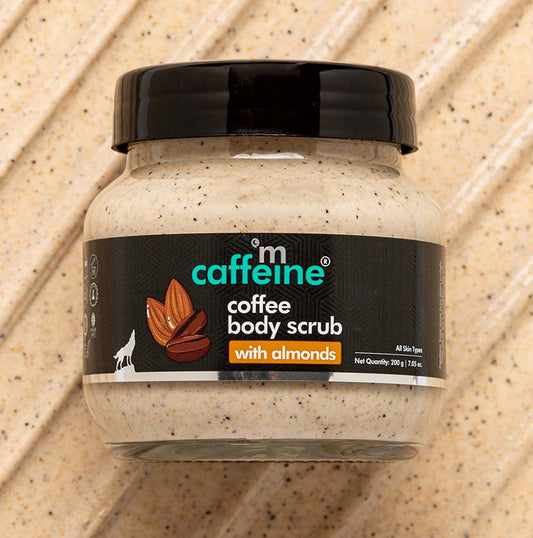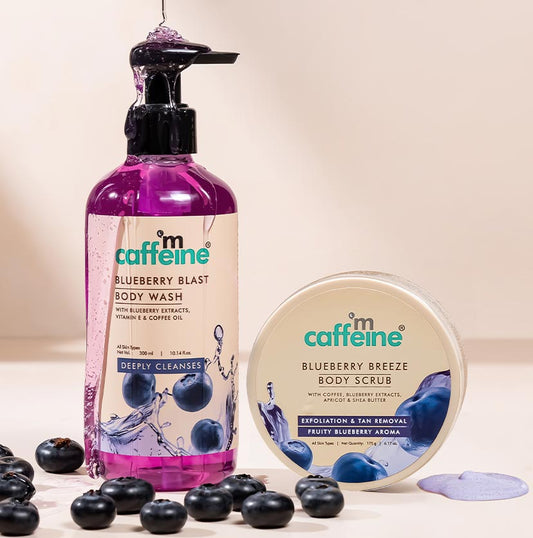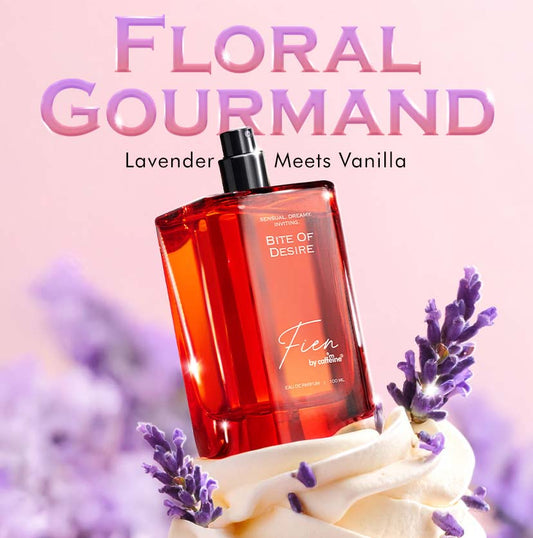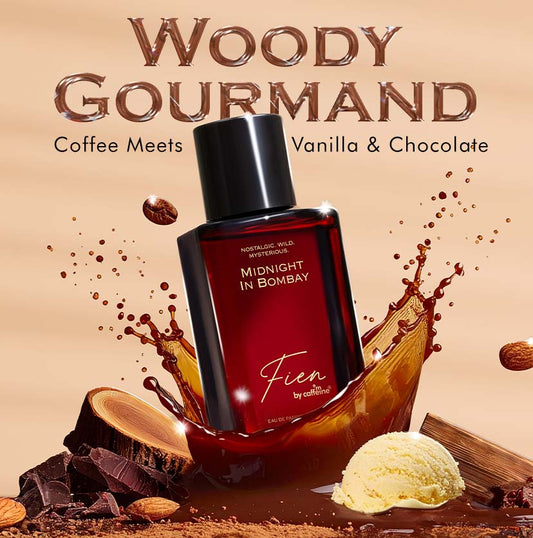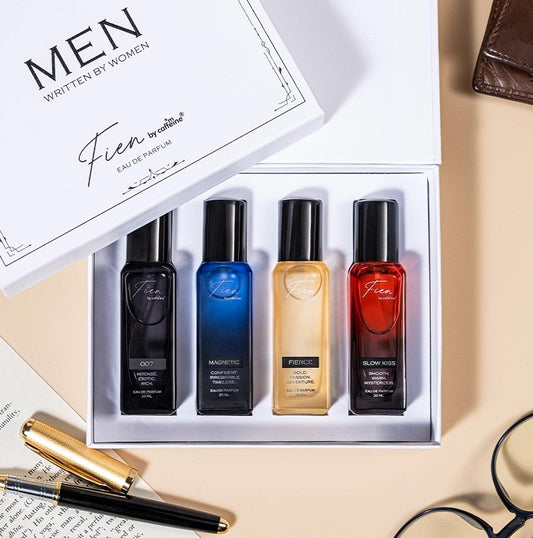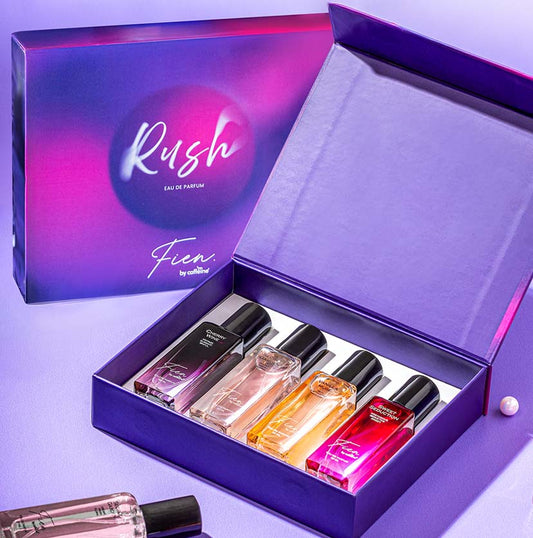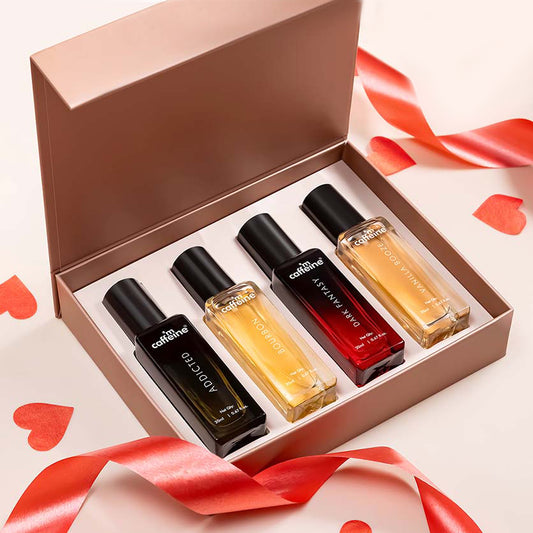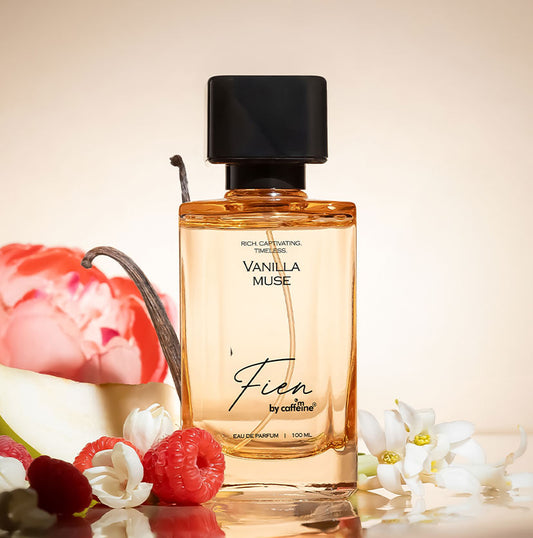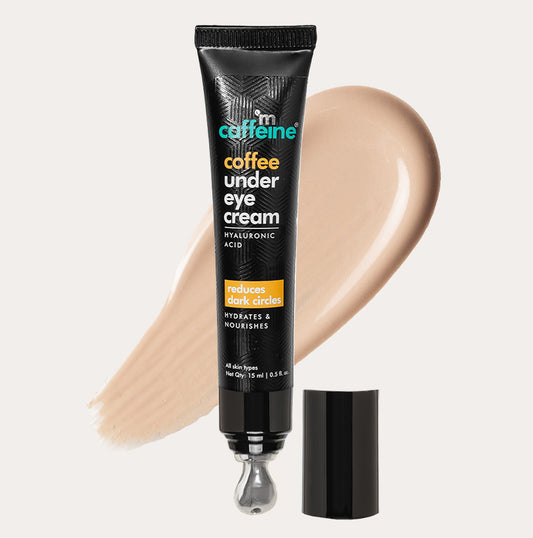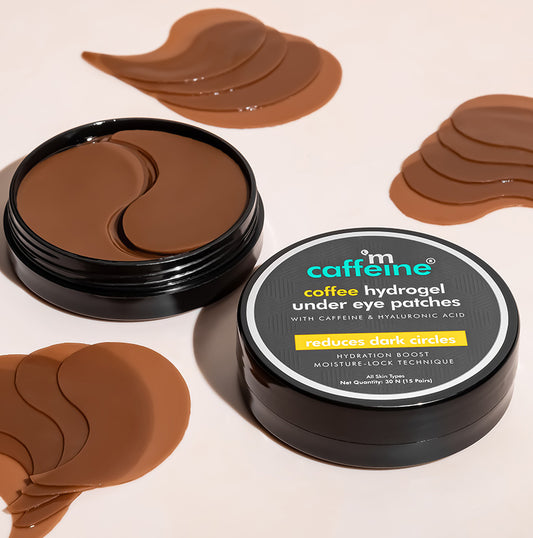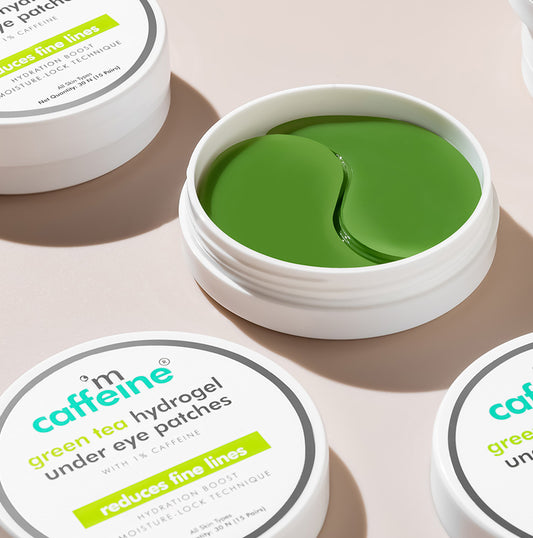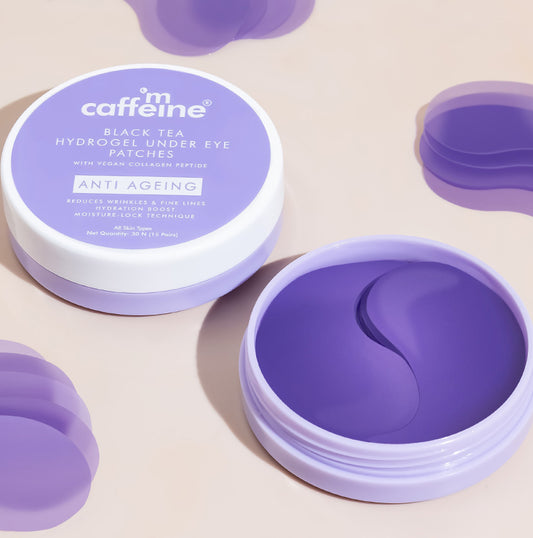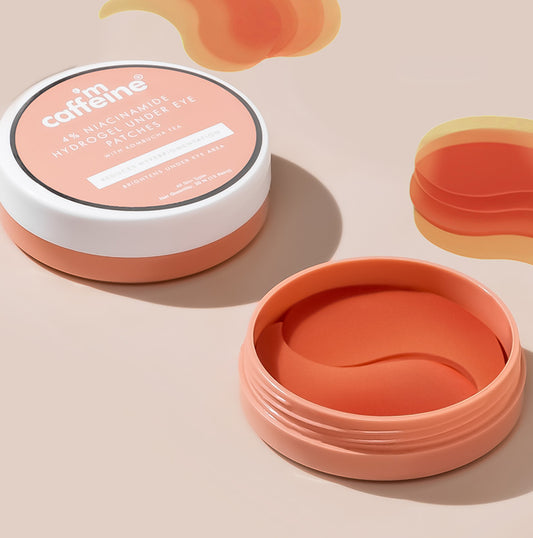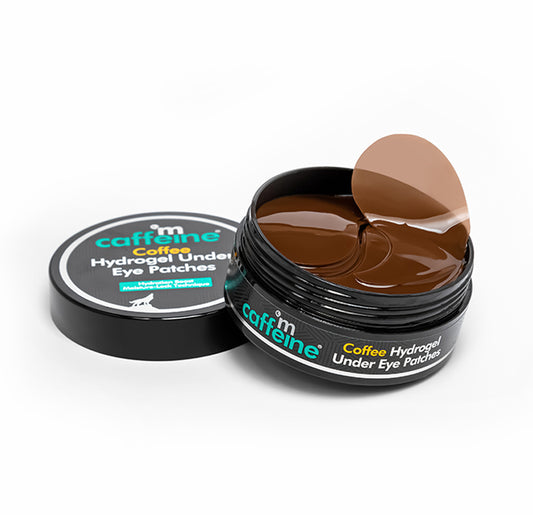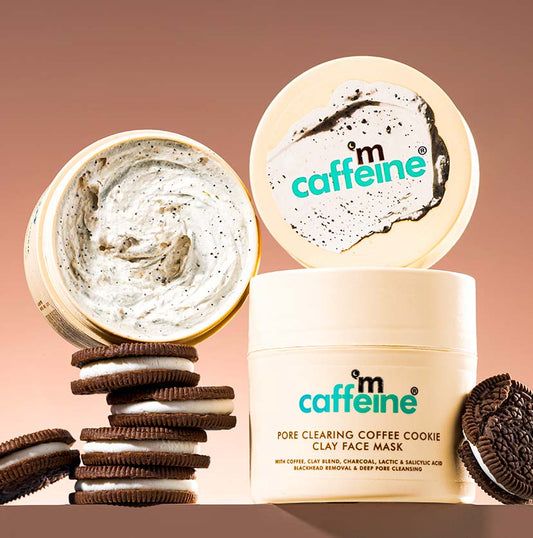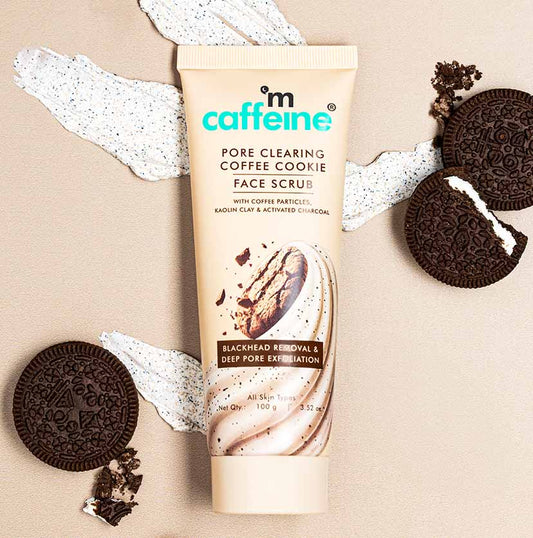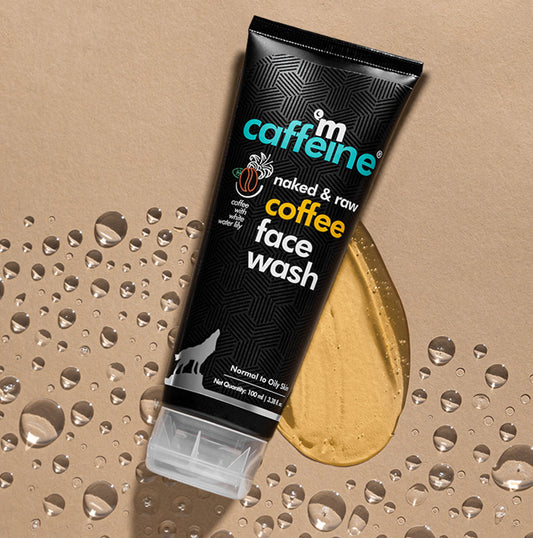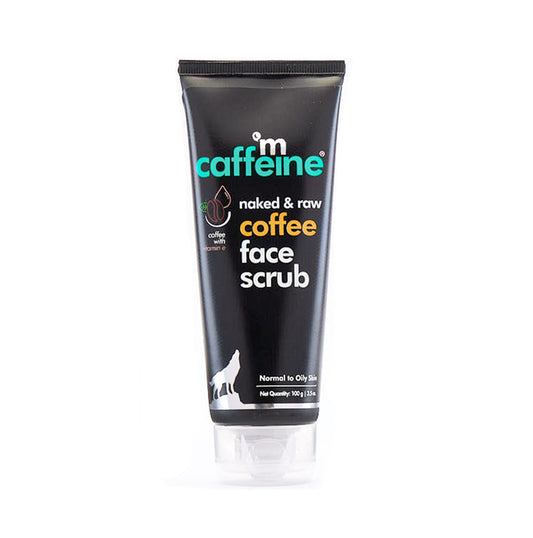Difference between Perfume and Scent
15 Jun 2025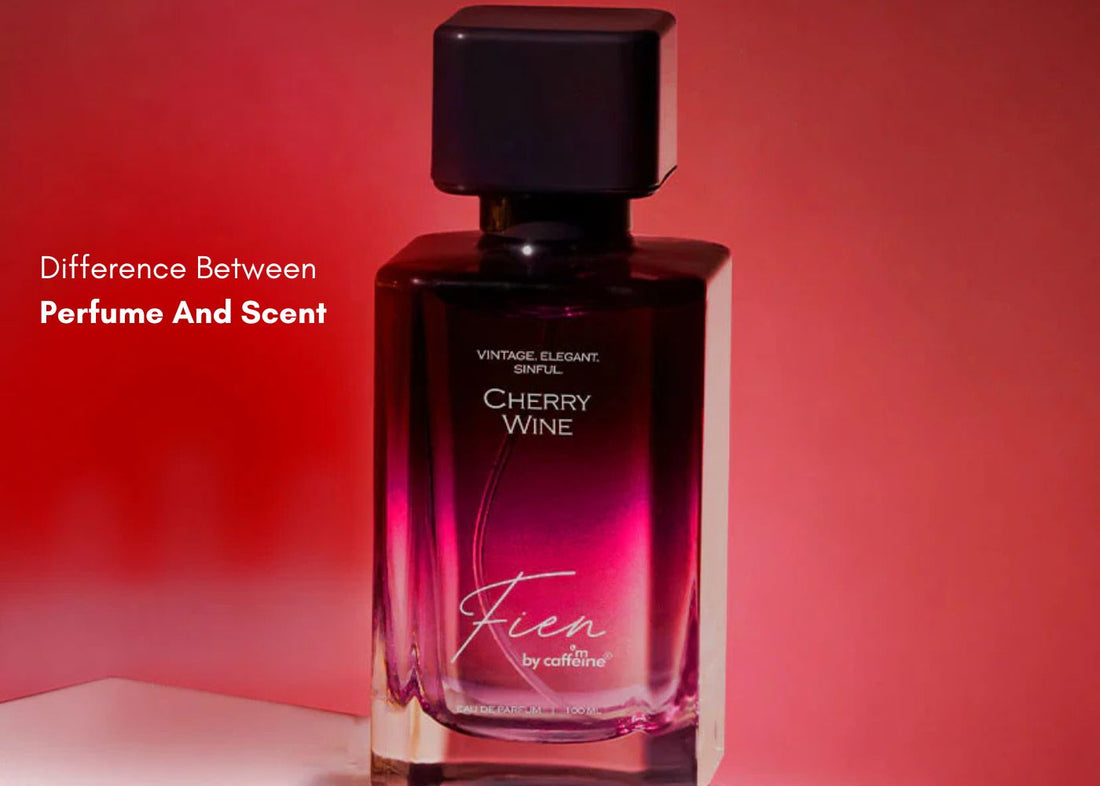
Let's be real, we've all been there. Walking into a store, confidently asking for "that nice scent" when we actually mean perfume. Or worse, splurging on what we think is perfume only to realize it fades faster than our weekend plans.
Here's the thing: perfume and scent aren't interchangeable terms, even though we use them like they're synonyms. It's like calling all coffee drinks "espresso" - technically wrong, potentially embarrassing, and definitely worth understanding.
Think of it this way:
-
All perfumes are scents ✓
-
But not all scents are perfumes ✗
Mind = blown? Let's unpack this fragrance mystery together.
What Actually IS a Scent?
Before diving headfirst into the world of perfumes, let’s break down a simple idea: What exactly is a scent? Think of scent as the ultimate chameleon; it’s a term that covers every smell you encounter throughout your day. Whether it’s the crisp aroma of fresh rain, the inviting whiff of your favorite bakery on a Sunday morning.
Quick Scent Check:
-
The smell of fresh coffee? That's a scent.
-
Your mom's rose garden? Scent.
-
Last night's pizza? Unfortunately, also a scent.
-
Post-workout you? Definitely a scent (maybe grab that deo).
Scent is the universal term for any smell - it's what your nose perceives. From the energizing aroma of your morning coffee to the fresh smell after rain, every odor is a scent. It's the broadest category that encompasses everything from natural aromas to artificial fragrances, pleasant or unpleasant.
The Scent Spectrum
Here's where it gets interesting. Scents can be:
-
Natural: Think flowers, rain, fresh-baked cookies
-
Artificial: Air fresheners, scented candles, cleaning products
-
Pleasant or Unpleasant: Beauty is in the nose of the beholder!
-
Fleeting or Lingering: Some stick around, others peace out quickly
Perfume Explained (The Luxury Potion Decoded)
Perfume is not simply any smell; it’s a concentrated, sophisticated blend of aromatic oils, alcohol, and water. Think of it as the haute couture of the fragrance world. Perfumes are designed to deliver a consistent, layered olfactory experience that evolves over time on your skin.
What Makes Perfume Special:
-
Concentration Game Strong: 20-30% aromatic oils (that's INTENSE)
-
Longevity for Days: 6-8+ hours of smelling amazing
-
Complex Composition: Multiple layers that evolve throughout the day
-
Price Tag to Match: Because excellence isn't cheap
Perfume vs Scent (Concentration Comparison)
-
Perfume:
-
Boasts a high concentration of fragrant oils.
-
A little goes a long way, giving you a long-lasting and impactful scent.
-
Designed for moments when you want your presence to be unforgettable (think special dates, big presentations, or simply when you’re feeling extra daring).
-
-
Scent:
-
It’s the general term for any odor—no matter how fleeting or subtle it might be.
-
Found in everything from scented lotions and soaps to the natural aroma of freshly brewed coffee.
-
It’s versatile but not necessarily designed for long-lasting impact.
-
Top, Heart & Base Notes (The Layers Explained)
When it comes to crafting a captivating scent, perfume and scent aren’t created equal. With perfumes, every layer counts:
-
Top Notes- Imagine the zing of a lemon or the sparkle of grapefruit. These are light and volatile, giving you that immediate burst when you first apply your perfume.
-
Middle Notes- Think of these as the “soul” of your perfume—a bouquet of florals or a touch of spice that evolves after the top notes fade. They define your fragrance’s personality.
-
Base Notes- These are your perfume’s lasting impression. Rich, deep, and warming with woody or musky hints, these notes linger on your skin, almost like a secret that only you (and those close enough) know.
The Long Haul vs. Quick Whiff Dilemma
-
Long Lasting- Perfumes are designed to evolve over hours. From the fresh kick of the top notes to the lingering allure of the base notes, a good perfume tells a story throughout your day.
-
Quick Whiff- Many scented products offer an immediate burst of fragrance but fade quickly, perfect for a refreshing lift but not quite the marquee moment you might save for a perfume.
|
Feature |
Perfume |
Scent |
|
Definition |
A concentrated, luxurious blend of aromatic oils, alcohol, and water |
Any smell perceived by the nose |
|
Concentration |
High (20–30% aromatic oils) |
Varies; not applicable as a standalone product |
|
Longevity |
Long-lasting (6–8+ hours) |
Depends on the source (can be fleeting) |
|
Usage |
Applied to pulse points (small amounts) |
Describes the general smell of objects or environments |
|
Complexity |
Multi-layered with top, middle, and base notes |
Can be single-note or a blend; sometimes simple |
|
Cost |
Generally expensive due to the concentrated ingredients |
Varies widely |
Key Considerations When Choosing:
-
Occasion & Season:
-
Perfume: Ideal for special occasions, romantic evenings, and events where you want your presence to linger.
-
Lighter Scent Products: Perfect for daytime wear, the office, or when you want something subtle and refreshing.
-
-
Personal Preference: Think about what resonates with you. Is it the energizing burst of citrus, the warmth of woody undertones, or perhaps the playful allure of floral notes?
-
Skin Chemistry: Our body chemistry can alter how a fragrance smells on us. Frequently tested and dermatologically approved formulations, like those which ensure that the perfume adapts beautifully to your skin.
Real Talk: When to Use What
Choose Perfume When:
-
Date night or special events
-
Making a lasting impression
-
Treating yourself (or someone special)
-
You want to feel like a million bucks
Embrace Natural Scents When:
-
You're going for subtle
-
Daily activities
-
Sensitive skin days
Why Some Scents Hit Different
Ever wonder why certain smells transport you straight back to childhood? Or why that specific perfume makes you feel like you can conquer the world? There's actual science behind it
The Nose-Brain Connection:
-
Scent molecules → Nose → Olfactory bulb → Limbic system
-
Translation: Smells bypass logic and go straight to emotions
-
Result: Instant mood boost, confidence surge, or memory unlock
The Chemistry of Attraction
Here's the tea: perfume and scent work differently on everyone because:
-
Skin Chemistry: Your pH, oils, and temperature create a unique "scent print"
-
Body Heat: Activates and diffuses fragrance molecules
-
Hormones: Can actually change how a perfume smells on you
-
Diet: Yes, what you eat affects how you smell!
Conclusion
So there you have it, the ultimate guide to perfume vs scent that you'll actually want to share with your friends. The truth is, whether you're team perfume or team natural scent, what matters is how it makes you feel.
At mCaffeine, we're here to fuel your fragrance journey with products that are as bold and authentic as you are. Because life's too short for boring scents and beauty rules that don't serve you.
Ready to find your signature scent? Explore our complete fragrance collection and join the revolution that's redefining beauty, one spritz at a time.
You're not just wearing a fragrance. You're wearing confidence, creativity, and a little bit of rebellion. And that, coffee lovers, is the most intoxicating scent of all.
FAQs
Q: Are scent and perfume the same thing?
No, they're not the same - scent is the umbrella term for ANY smell (like coffee aroma, rain, or even gym socks!), while perfume is a specific luxury product with 20-30% concentrated aromatic oils. Think of it this way: all perfumes are scents, but not all scents are perfumes - your morning coffee is a scent, but it's definitely not a perfume!
Q: Do you say scent or perfume?
Use "scent" when talking about any smell or aroma ("I love the scent of fresh coffee"), and "perfume" when referring to the actual fragrance product you spray on yourself. It's like saying "drink" vs "espresso" - one's general, one's specific.
Q: What are different perfumes and scents?
Perfumes range from ultra-concentrated Parfum (20-30% oils) to lighter Eau de Toilette (5-15% oils) and Eau de Cologne (2-5% oils). Scents, on the other hand, include everything from natural aromas (flowers, ocean breeze, your favorite coffee scrub) to synthetic fragrances in your daily products.
Q: Difference between fragrance and perfume and cologne?
Fragrance is the catch-all term for any pleasant-smelling product (think lotions, candles, body wash), perfume is the luxury concentrated version with 20-30% oils lasting 6-8 hours, and cologne is the lighter option with just 2-5% oils lasting about 2 hours. It's basically a concentration game - fragrance is the family, perfume is the VIP member, and cologne is the casual cousin.






